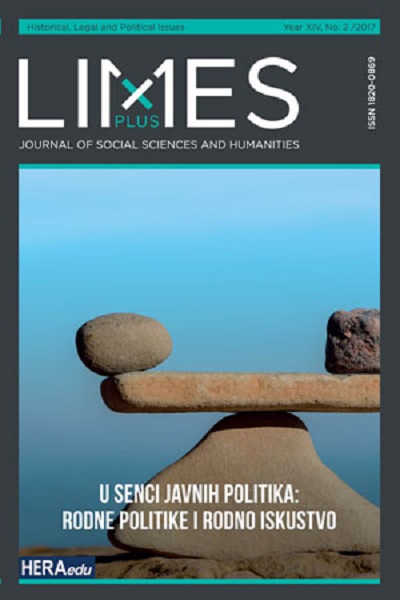Institucionalna podrška usklađivanju profesionalne i porodične sfere u Srbiji
Institutional Support to Work-Family Balance in Serbia
Author(s): Dunja D. Poleti ĆosićSubject(s): Labor relations, Family and social welfare
Published by: HESPERIAedu
Keywords: work-family reconciliation regimes; institutional setting; family policy; work-family balance; Serbia
Summary/Abstract: Work and family life in contemporary societies are profoundly shaped by the two mutually connected phenomena – demographic change and labor market transformation. Trends within these structural fields have far-reaching consequences, which place them high on the public policies priority list. Consequently, two of the key strategic policy goals of the European Union are aimed at combating negative consequences of population ageing and shrinking of the working age population. Pressures caused by changes in economic and demographic structures are not equally distributed along the lines of social divisions and particularly affect women. Flexibility of work arrangements, nonstandard working hours, mobility, as well as an increase of job and professional career insecurity contribute to work-family conflicts. However, many studies have confirmed that reconciliation of family and work demands does not take place in a vacuum, but is profoundly embedded in the given society’s contextual framework. Our aim in this paper to examine the ways by which the institutional setting enables or limits the reconciliation of family and work activities in Serbia. We analyze family politics, i.e. public policies and state measures which directly address issues of parenthood and provide support for “work-family balance“ to be achieved. An overview of institutional and legal framework in Serbia will be provided, followed by the analysis and interpretation of the data obtained in this study, based on attitudes, needs and expectations of the respondents.
Journal: LIMESplus
- Issue Year: 2017
- Issue No: 2
- Page Range: 49-73
- Page Count: 25
- Language: Serbian

